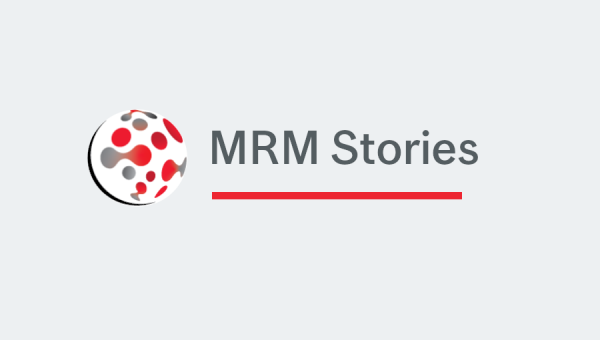
MRM Stories: Fighting IBD with stem cells
What are the MRM members up to? Learn more about their work and achievements in our new section: the MRM Stories. Here, Alex Gregorieff, Assistant Professor in the Department of Pathology at McGill University and the RI-MUHC, discusses his project “Creation of a patient-derived enteroid biobank to study the role of intestinal stem cells in inflammatory bowel disease”, winner of the MRM-MI4 Collaborative Seed Fund Grant (SFG) Competition in 2021.
Do you have good news to share? A recently published paper or an award you would like to promote in the MRM Stories? Contact us at mrm@mcgill.ca!
MRM Stories: Fighting IBD with stem cells

Alex Gregorieff
Recent decades have seen an enormous rise in the incidence of inflammatory bowel diseases (IBD) in Canada, with over 270,000 Canadians now living with IBD and costs to the healthcare sector estimated at over 1.28 billion dollars. Despite improvements in the treatment of IBD, the long-term safety of immunosuppressive therapies remains a concern and approximately half of the patients in remission will relapse within 2 years. Therefore, it is critical that we pursue innovative approaches to identify novel therapeutic strategies. The advent of organoids, which rely on our ability to harness tissue-resident stem cells and propagate human tissues under near-physiological conditions in the laboratory, has led to numerous clinical applications, particularly in the realm of cancer research. An increasing number of reports have also described robust methodologies for culturing enteric organoids or enteroids derived from endoscopic biopsies or resected tissue samples of IBD patients. Furthermore, advancements in co-culturing enteroids with microbial agents and immune cells provide unprecedented opportunities to dissect the complex cellular interactions driving IBD.
Breaches in the epithelial barrier are a critical feature of IBD. Consequently, mucosal healing has emerged as the next therapeutic challenge. Although the triggers setting off regenerative signalling in human IBD are poorly understood, we and others have made important strides in identifying key signals involved in gut epithelial repair. Furthermore, murine models of mucosal injury have led us to identify distinct stem cell populations that are critical for gut epithelial regeneration. To help us pursue this line of investigation the MRM has partnered with MI4 to provide funds that will help us establish and functionally characterize a library of adult stem cell-derived enteroids from Crohn’s disease and ulcerative colitis patients. This resource will be integrated within the CTTB Biobank (Centre transdiciplinaire de thérapies biologiques) at the RI-MUHC, which collects biological materials from patients undergoing treatments with biological therapies.
With this infrastructure in place, our long-term objectives will be to:
- Evaluate the intestinal stem cell properties of individual patients undergoing treatments for inflammatory bowel diseases.
- Provide a unique resource for investigators across the McGill community and beyond to study epithelial-intrinsic as well as immune and/or microbially-derived factors implicated in epithelial barrier dysfunction.
- Establish strategic partnerships with other IBD centres across Canada aimed at creating a national IBD enteroid network.
